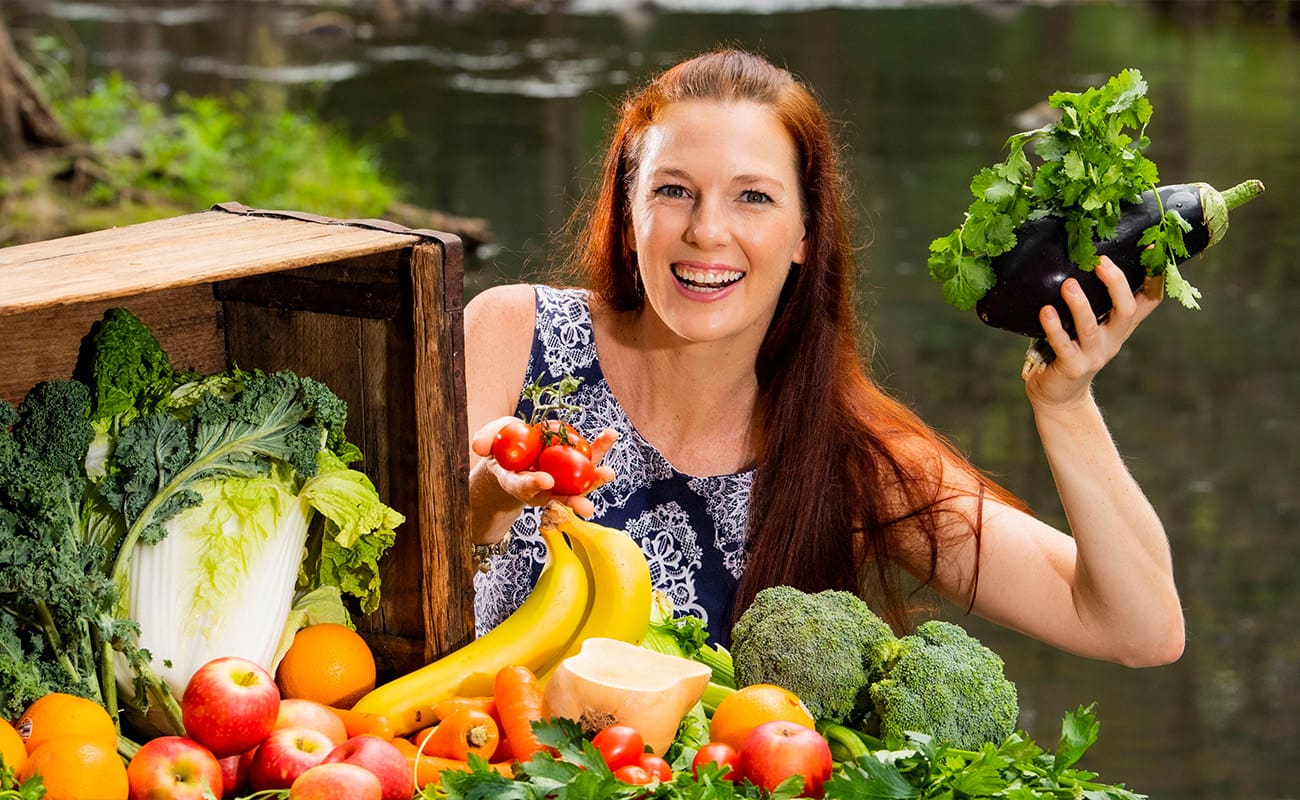Sustainable Eating focuses on creating a food system that supports long-term ecological balance, animal welfare, and human well-being. At its core, it encourages reducing dependence on animal-based products and embracing plant-based diets that require fewer natural resources and generate less environmental harm.
This category examines how the food on our plates connects to broader global issues such as climate change, land degradation, water scarcity, and social inequality. It highlights the unsustainable toll that factory farming and industrial food production take on the planet—while showcasing how plant-based choices offer a practical, impactful alternative.
Beyond environmental benefits, Sustainable Eating also addresses issues of food equity and global food security. It examines how shifting dietary patterns can help feed a growing population more efficiently, reduce hunger, and ensure fairer access to nutritious food across diverse communities.
By aligning everyday food choices with sustainability principles, this category empowers people to eat in a way that protects the planet, respects life, and supports future generations.
In recent years, there has been a growing awareness of the environmental impact of meat and dairy production. From greenhouse gas emissions to deforestation, the meat and dairy industry has a significant role to play in climate change and other environmental issues. In this blog post, we will explore the various ways in which cutting out meat and dairy can benefit the planet, from reducing greenhouse gas emissions to conserving water resources. Join us as we delve into the environmental case for plant-based diets. The Environmental Impact of Meat and Dairy Production 1. The meat and dairy industry is a major contributor to global greenhouse gas emissions. The production of meat and dairy products releases significant amounts of greenhouse gases, including carbon dioxide, methane, and nitrous oxide. These emissions contribute to climate change and global warming. 2. Livestock production requires large amounts of land, water, and feed resources. Raising animals …


























































